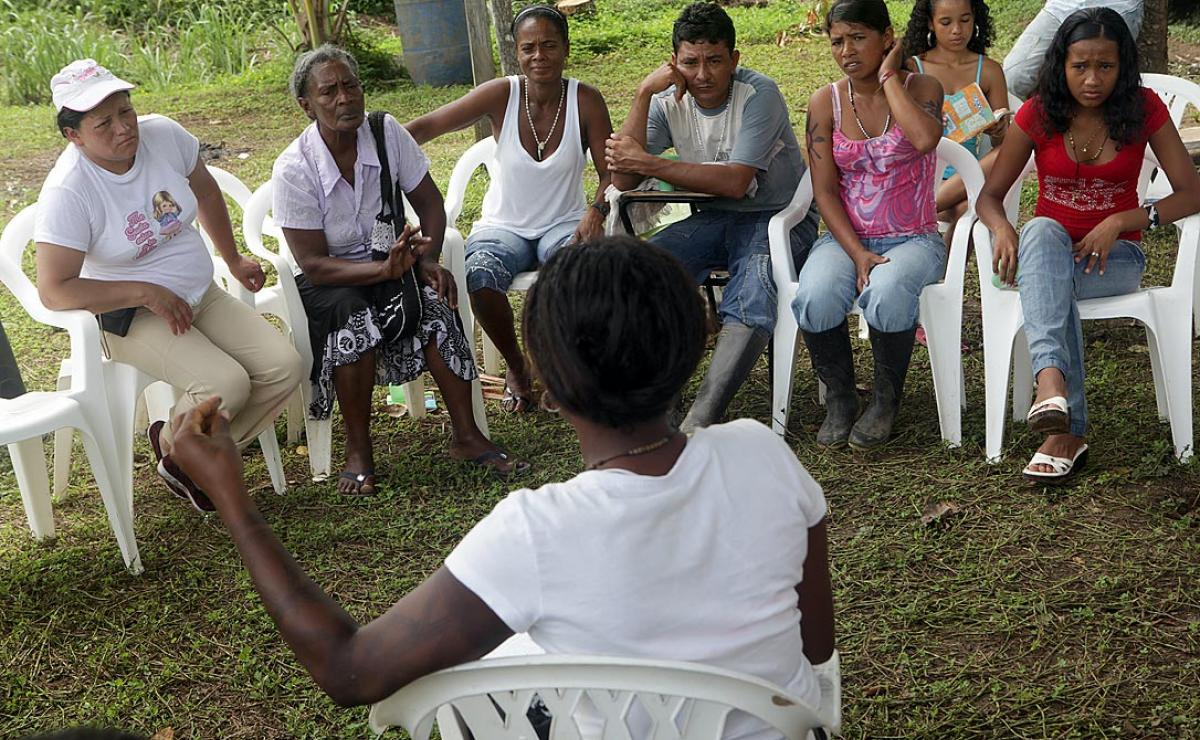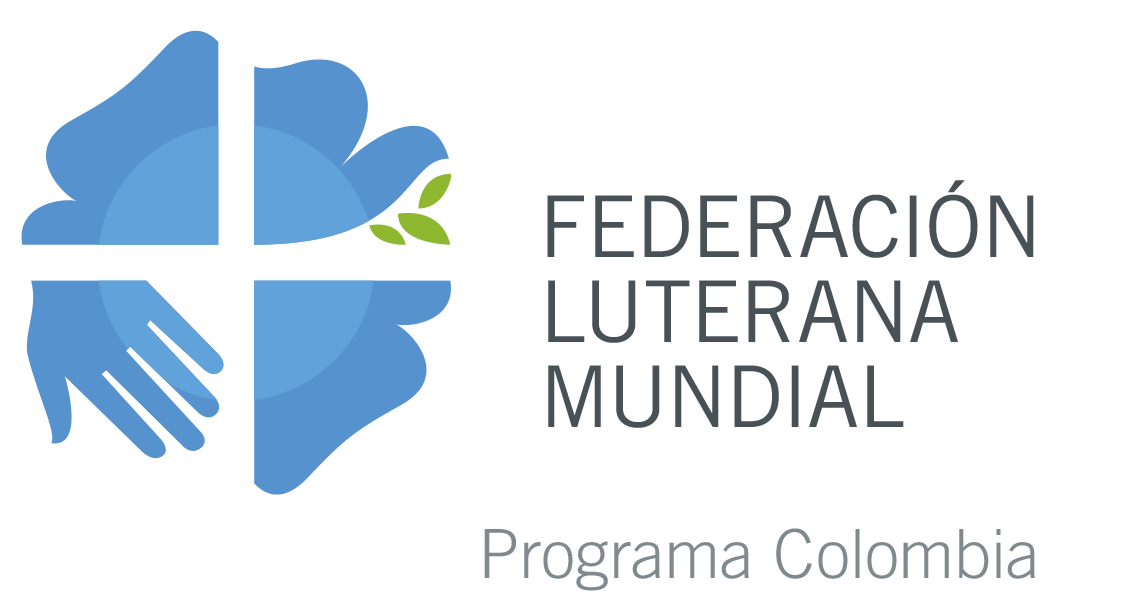Colombia peace result of a long process

LWF offers prayer and support
(LWI) – As the Colombian government and the leader of the main guerilla group sign the peace agreement to end the Colombian civil war today in Cartagena, the LWF offers its support and prayers.
“This peace agreement shows that it is important to never give up hope for peace. Even after a conflict which has lasted as long as the Colombian civil war, peace and reconciliation are possible,” LWF General Secretary Rev. Dr Martin Junge says.
“We encourage the signing parties to make sure the voices of women, children, indigenous peoples, Afro-Colombians and peasants will be heard when building this just, true and lasting peace for everyone in Colombia,” the LWF General Secretary adds. “As the conflict parties are moving to dialogue local communities who have been caught up in conflict and have become the victims of it need to be specially protected.”
The peace agreement signed by Colombian President Juan Manuel Santos and rebel leader Timoleón Jiménez of the Revolutionary Armed Forces of Colombia (FARC) will formally end 52 years of civil war. After that, the former guerilla FARC will become a political party. Other vital points in the agreement are access to land, as land rights are seen as the initial cause of the guerilla war, political participation, demilitarization and a change of the government in its approach to the drug trade.
Many small steps
“This peace is the result of a long process,” says LWF General Secretary Junge, “and we need to remember that there are many small steps which have led to this joyful day: from the opening of peace talks four years ago and negotiating a lasting ceasefire in June 2016, to successfully concluding the peace negotiations a month ago and those important signatures today. Many more of these small steps need to follow so that peace is eventually achieved.” The peace agreement needs to be adopted by the people of Colombia in a public referendum on 2 October.
LWF has been actively supporting the Colombian peace process through its member church, the Evangelical Lutheran Church of Colombia (IELCO), and the LWF World Service Colombia program. LWF is working with the Permanent Committee for the Defense of Human Rights-PCHR East Region on the project "Building Pathways of Peace in our Territory”, alongside those working on the Interchurch Dialogue for Peace (DiPAZ). The initiative seeks to involve local people both in defending rights – which requires courage and determination – and in peace building activities which encourage trust, such as academic and recreational projects.
In July 2015, the LWF together with more than 130 ecumenical and faith-based organizations signed an appeal to the main negotiators of the peace talks in Havana, calling for a bilateral ceasefire between the government forces and the FARC guerilla.
As the country hopes to enter a new phase, LWF World Service is engaging by working for ‘peace, land, and dignity for all’. This includes training on human rights, land rights and international law. In this way the communities can ensure that land is restored to them so that they can rebuild their lives and their livelihoods.
